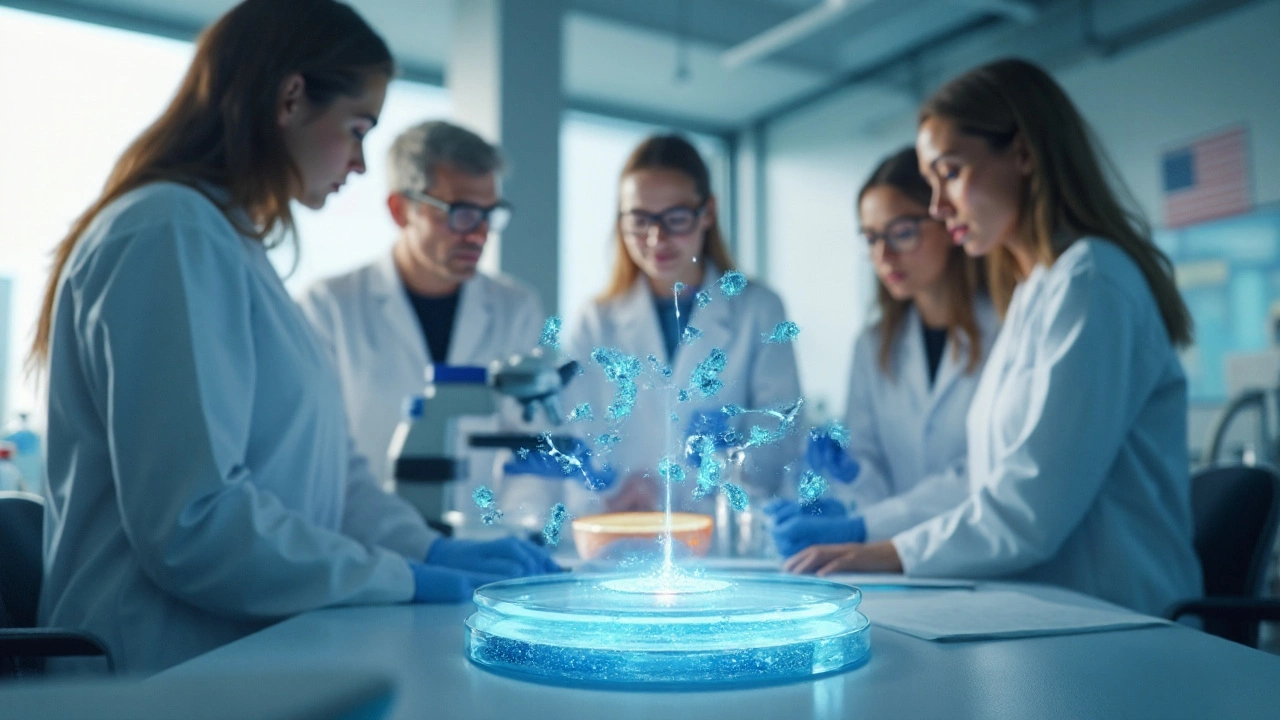Efflux Pumps: What They Are and Why They Matter
Ever wonder why some infections just won’t go away even after you finish a prescription? One big reason is something called an efflux pump. Think of it as a tiny trash‑disposal system that lives in bacterial cells. When a medicine tries to get inside, the pump kicks it out before it can do any damage. This simple trick lets bacteria survive attacks from antibiotics and other drugs.
How Efflux Pumps Work
Imagine a subway station with a turnstile that only lets passengers in one direction. Efflux pumps act like that turnstile, but in reverse. They recognize the shape of a drug molecule, grab it, and push it out of the cell. The pump uses energy—usually from a little molecule called ATP—to do the work. Different bacteria have different sets of pumps, and some are super good at ejecting many types of antibiotics at once.
Because the pumps can handle a range of drugs, they’re a major player in multidrug resistance. That means a single bacteria can become resistant to several antibiotics without needing separate mutations for each drug. It’s like having a universal key that locks out many different locks.
Why Efflux Pumps Matter for You
If you’re taking a prescription, you want the medicine to stay where it’s needed. Efflux pumps can lower the amount of drug that reaches the infection site, making the treatment less effective. That’s why doctors sometimes prescribe higher doses or combine drugs to overwhelm the pumps. Knowing about these pumps helps you understand why doctors might change your medication or ask you to keep an eye on symptoms.
Researchers are also hunting for “pump inhibitors”—substances that block the pump’s action. If a pill can stop the pump, the antibiotic can do its job better. Some natural compounds, like certain plant extracts, show promise, but they’re still in the lab stage. Keep an eye on news about new combos that pair antibiotics with pump blockers—that could mean faster recoveries in the future.
For everyday health, the best move is to follow your doctor’s instructions, finish the full course of antibiotics, and avoid using leftover meds for other illnesses. Misusing antibiotics gives bacteria more chances to boost their pumps and become tougher to treat.
In short, efflux pumps are tiny, energy‑hungry machines that bacteria use to dodge drugs. They’re a key reason why some infections become hard to kill. Understanding them helps you see why proper antibiotic use matters and why new treatments are looking at ways to shut these pumps down. Stay informed, finish your prescriptions, and you’ll be doing your part to keep those bacterial pumps from getting the upper hand.

Moxifloxacin Resistance: Causes, Prevention & Effective Solutions
Posted by Desmond Carrington on 22/09/25
Explore why moxifloxacin resistance emerges, how to stop it, and practical solutions for clinicians and patients. Real data, clear steps, and future outlook included.

